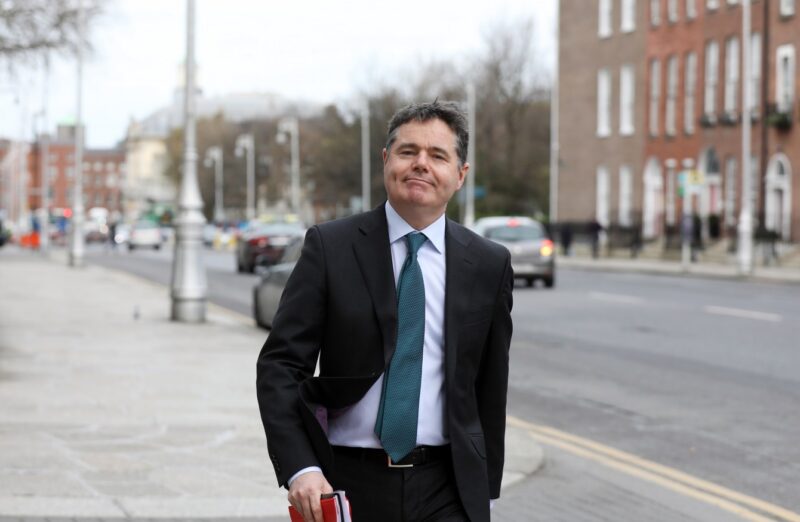In a time of such extraordinary political decisions, Budget 2021 was always going to be a point of contention for many across this nation. From an ongoing housing crisis to dealing with the fallout of a global pandemic, this year’s budget was perhaps unprecedented in its significance for the future success and failures of this country.
For the higher education sector, this year has been one of great tumult and mayhem. Alongside the fallout of the 2020 Leaving Certificate that the sector has had to grapple with, the Irish Universities’ Association (IUA) has predicted a staggering €200 million deficit in the 2020/21 academic year.
As the sector faced dire straits, many officials called for this budget to account for issues such as coronavirus support, remote learning, sustainability and climate targets, student supports and research.
For the most part, the Department of Further and Higher Education was not entirely left to the wayside by Budget 2021. The sector saw an allocation of nearly €3.3 billion – an increase of €500 million from Budget 2020 – with higher education specifically receiving €1.93 billion – an increase of nearly €190 million from last year.
In a time of such extraordinary political decisions, Budget 2021 was always going to be a point of contention for many across this nation
For many students who have come face-to-face with unemployment and precarious education access, this budget may allow them to breathe a sigh of relief.
In order to assist with financial hardship as a result of the pandemic, higher education saw the creation of a €50 million fund for third-level students, while the SUSI budget has grown by €20 million. For those availing of the SUSI postgraduate payment, the 2021 Budget was monumental, as students welcomed an increase in payments from €2,000 to €3,500, alongside a rise from €31,500 to €54,240 of the income threshold to qualify for the postgraduate grant.
Yet while certain students may count their blessings in the aftermath of today’s Budget, many students and officials may feel increasingly disillusioned by the repeated dismissal of many pre-budget submission requests.
For lobby groups such as the Union of Students in Ireland (USI), Budget 2021 was not a cause for great celebration. Despite frequent calls to reduce the student contribution charge by the USI, it appears pleas may have fallen on deaf governmental ears, as today’s budget showed no intention to minimise costs for students.
In the case of greater investment in plans for green campus infrastructure, environmental sustainability too may not have found its moment in the spotlight in today’s allocation of funding.
For many students who have come face-to-face with unemployment and precarious education access, this budget may allow them to breathe a sigh of relief
While national economic recovery is most certainly at the forefront of many of today’s decisions, Budget 2021 allowed for many essential sectors to fall through the cracks of greater funding access. As a pattern of consistent neglect of sustainable education policies emerges, it may very well be to the detriment of this economy’s convalescence and growth.
For many of higher education’s biggest stakeholders, Budget 2021 had held a great deal of optimism for the future of the sector. Pre-budget submissions were extensive and certainly optimistic, as this year’s creation of the new Department of Higher Education had spurred hope for many who had been long disillusioned by a lack of governmental focus on the sector.
For the Technological Higher Education Association (THEA) especially, this budget had presented itself to be an opportunity for technological institutes to finally get their place at the table of higher education funding. Yet for THEA, and many stakeholders alike, today’s budget was a continued dismissal of decade’s worth of calls for greater recognition of the issues faced by the sector.
Budget 2021 was a small step toward the monumental change needed in higher education funding. While third-level has most certainly seen a great increase in both attention on and funding for the sector, ever-pressing issues such as sustainable education and greater technological university access have once again been bypassed by this year’s budget.
For the student’s themselves, this budget may somewhat alleviate financial hardship for the time being, but has not begun to unravel the web of monumental financial boundaries to education for many young people across the country.
For further and higher education, this may be a step in the right direction, but a small step certainly for a department long-overlooked by governments and budgets of many years past.







